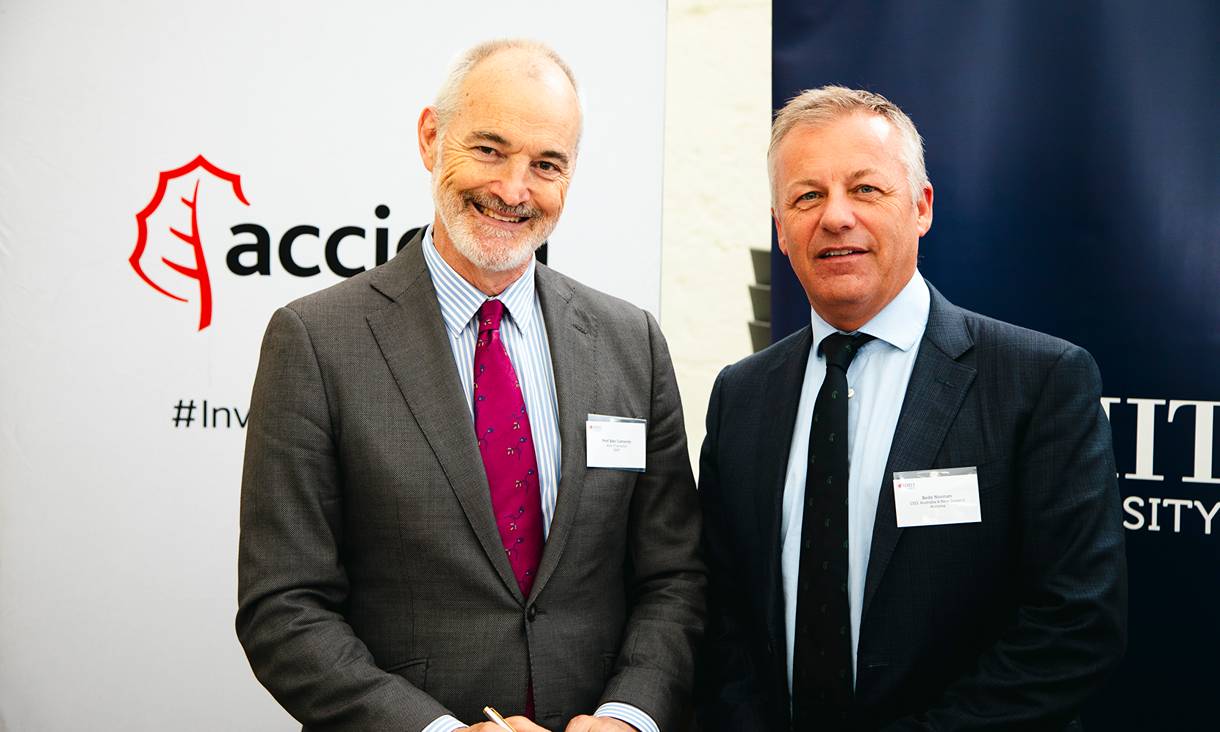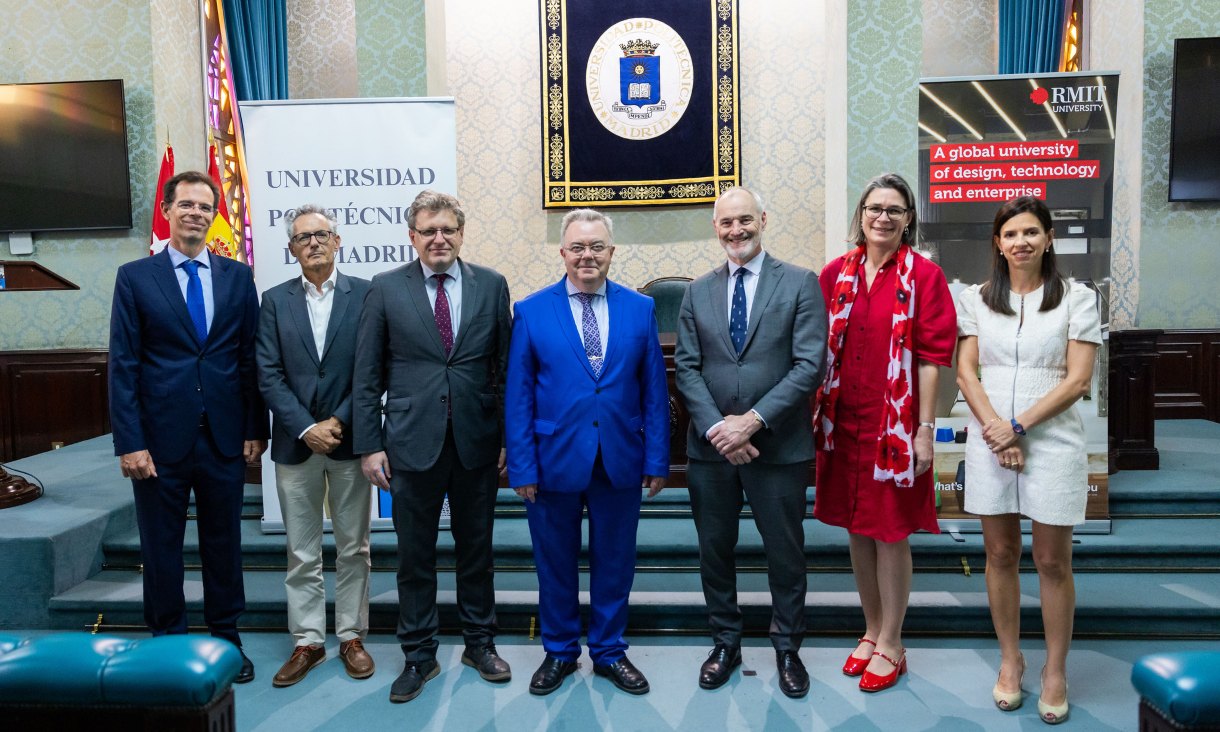The summer school collaboration between RMIT and UOC, an open university based in Barcelona, saw more than 20 students participate in the innovative team-based digital ethnography project at the festival.
Two RMIT students from Australia were part of the group that also included participants from Spain, the UK, Belgium, Portugal, Italy, Brazil, Mexico and the United States.
RMIT PhD student Samuel Whiting said the diverse group enhanced his experience as a summer school participant.
“I was surprised by how easy it was to collaborate.
"Usually I avoid group work but I found that although we all came from different disciplines and areas of study, it was quite easy to find common ground and a shared syntax.”
The students used ethnographic techniques, such as participant observation, interviews and fieldnotes, to gain an insight into the different ways people experienced Sónar+D.
RMIT’s Professor Sarah Pink, Director of the Digital Ethnography Research Centre and one of the summer school leaders, said it was a memorable experience.
"It was the ideal venue for a digital ethnography in practice study since it offered us an exciting social, technological and cultural context through which to explore research questions that were both of interest to Sónar+D and us.
"It provided essential knowledge that is needed as we proceed into our digital futures."
Pink said all members of the summer school teaching team were delighted with the summer school process and the people involved.
"We would love to continue our work together in the future," she said.
UOC's Elisenda Ardévol, Director of Mediaccions Research Group, said the partnership with Sónar+D is unique, moving beyond a traditional university research project.
"The festival, which turns 25 next year, embeds technology within life in a harmonic way, and its curatorship demonstrates that the event is a multi-layered and organic event where anything can happen.
"This was the perfect context to develop our experimental research project."
Story: Sara Bosch-Brinques





